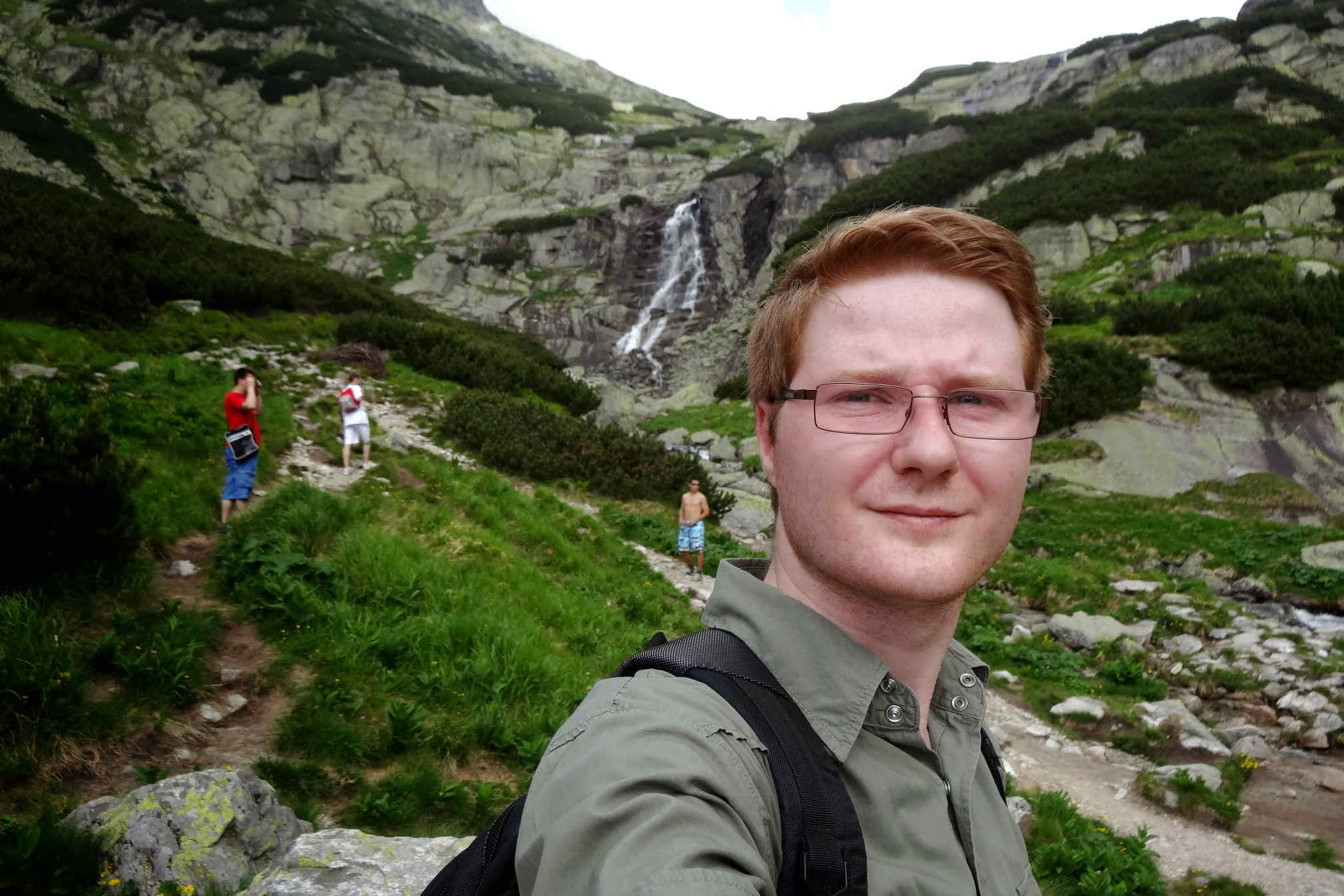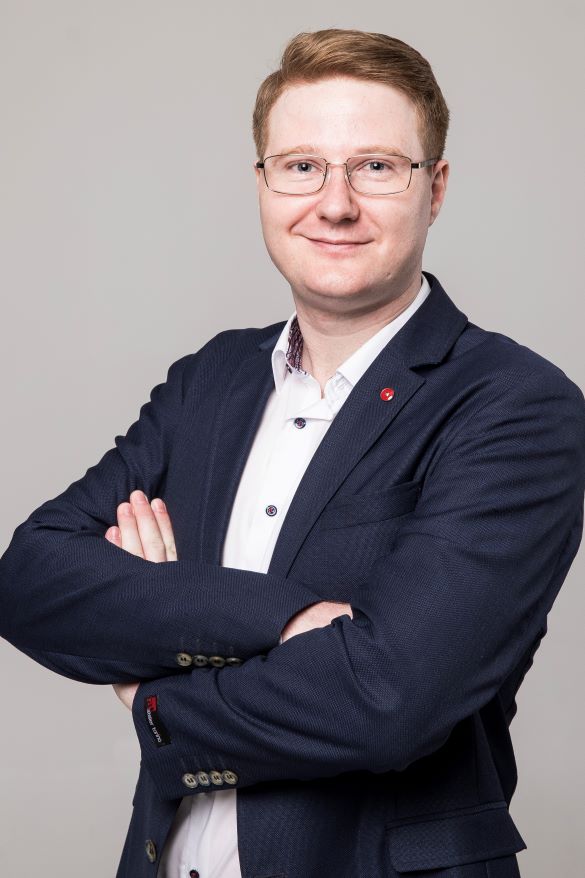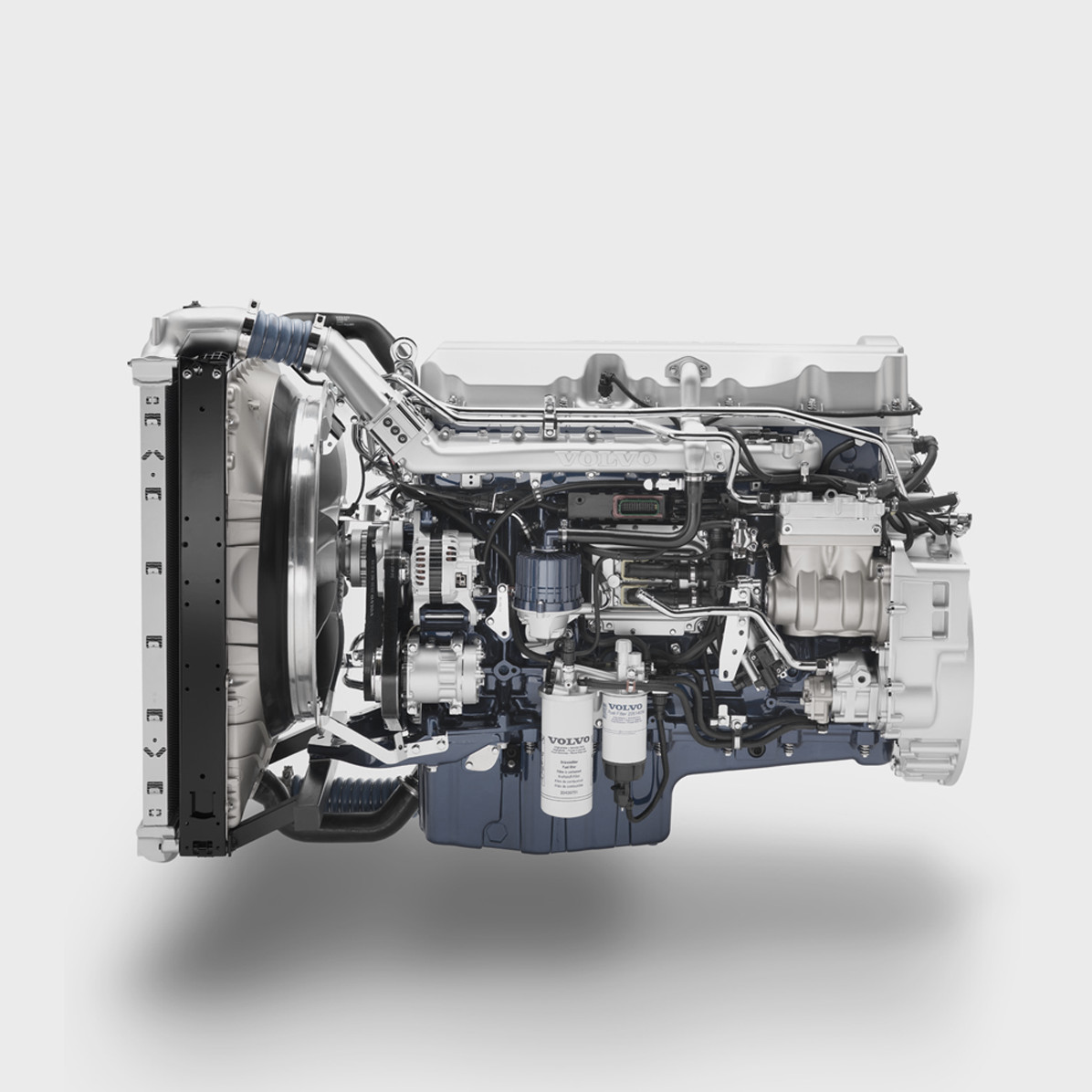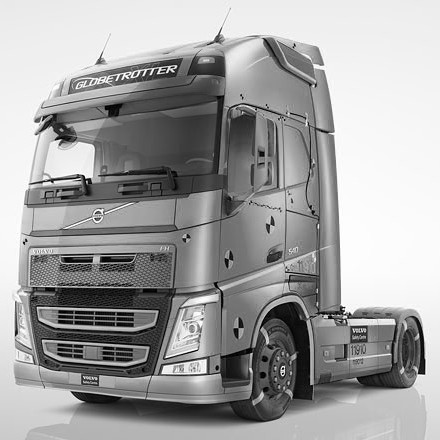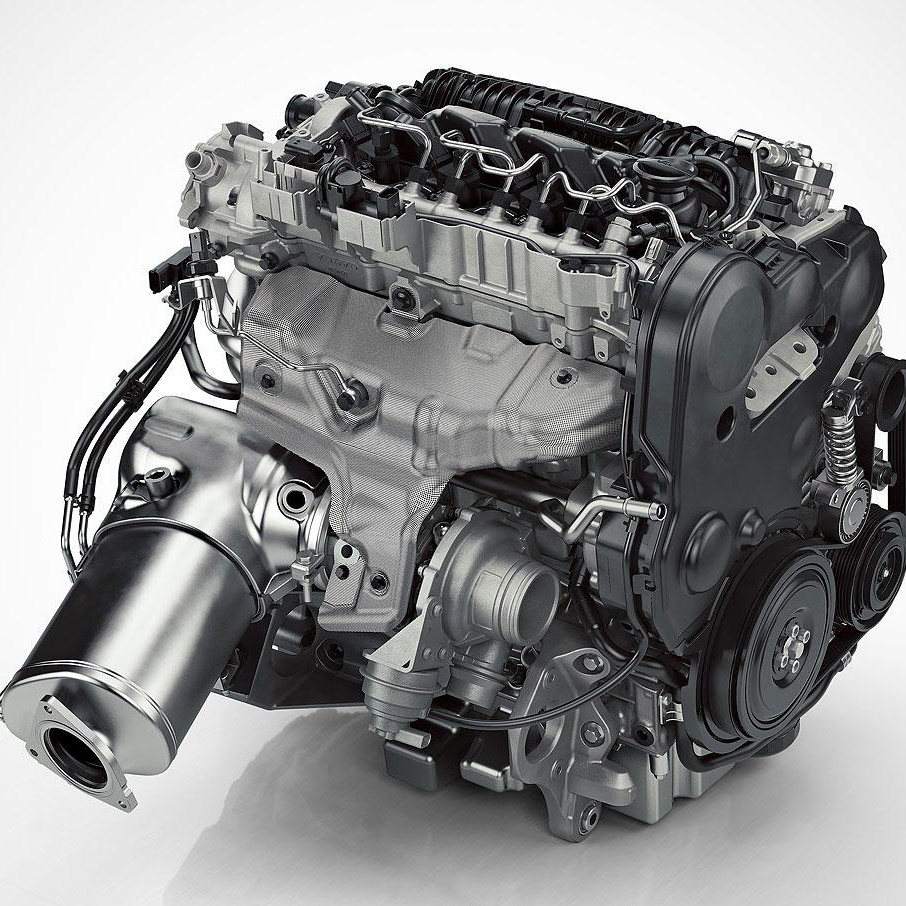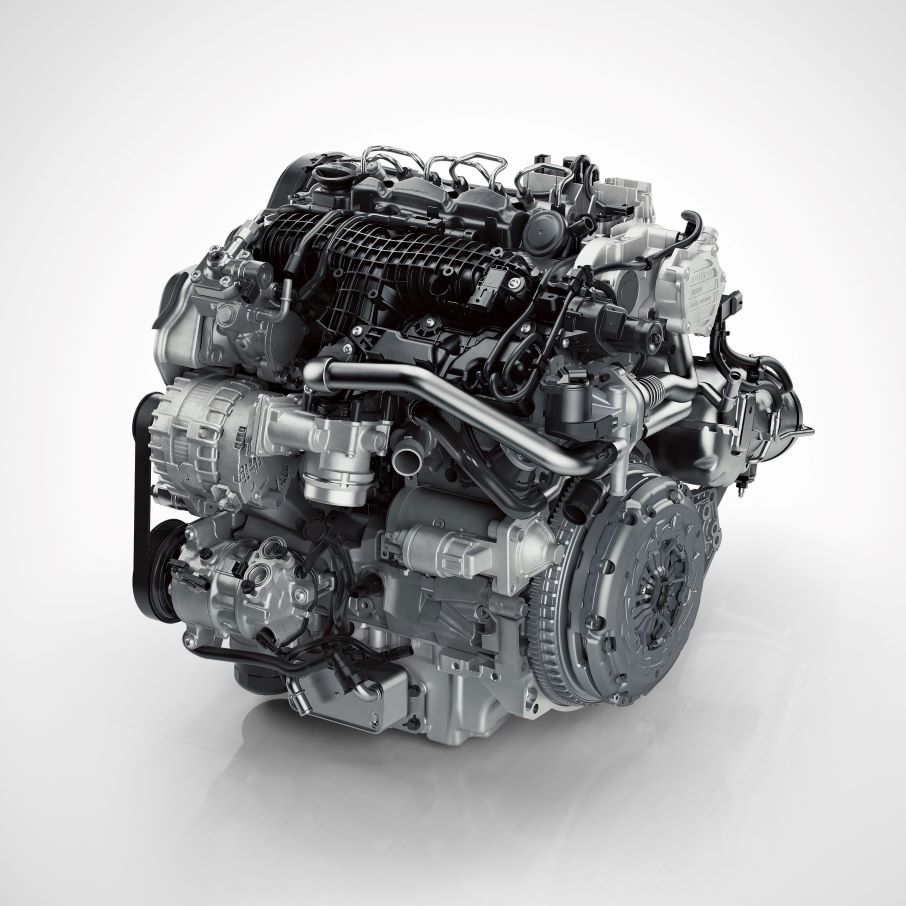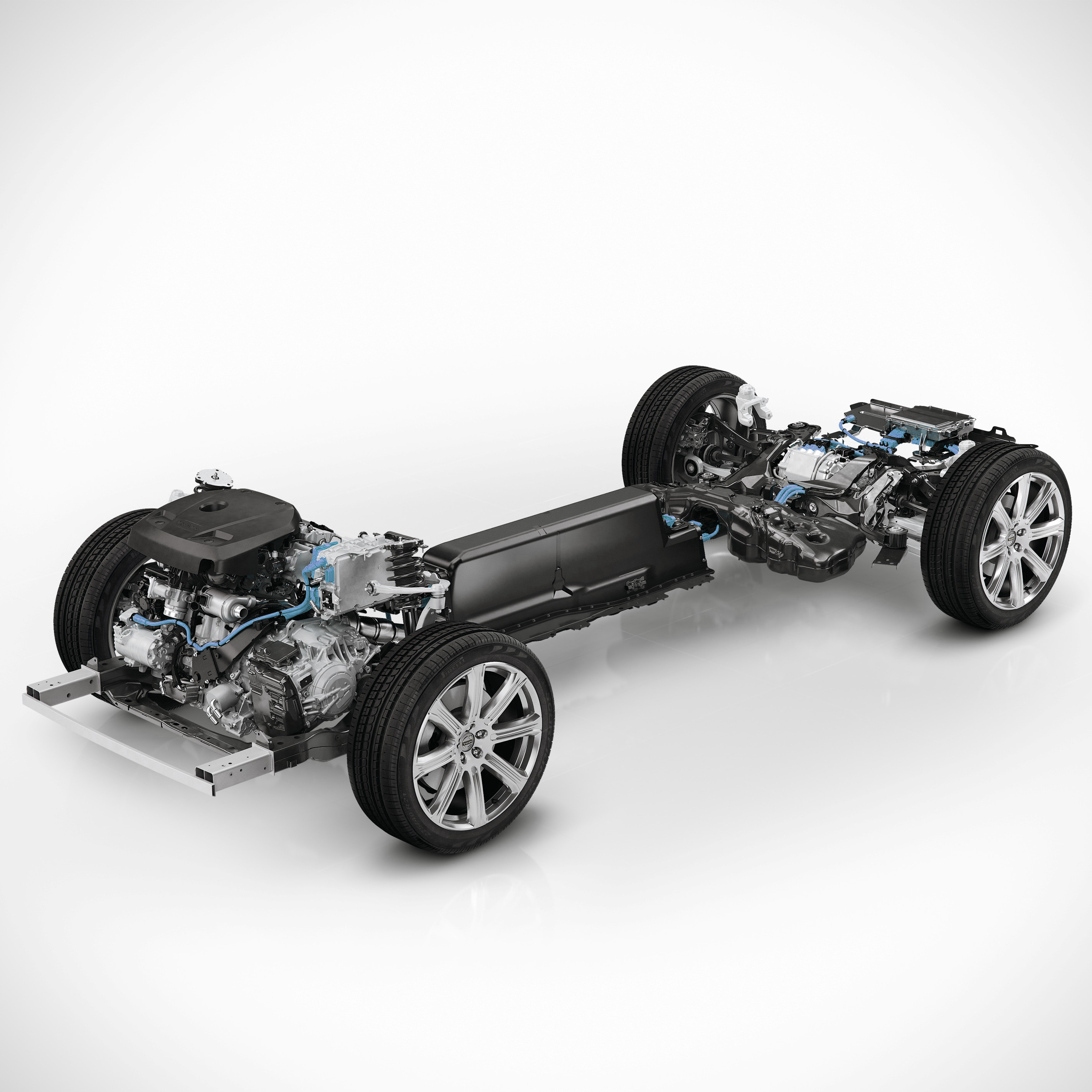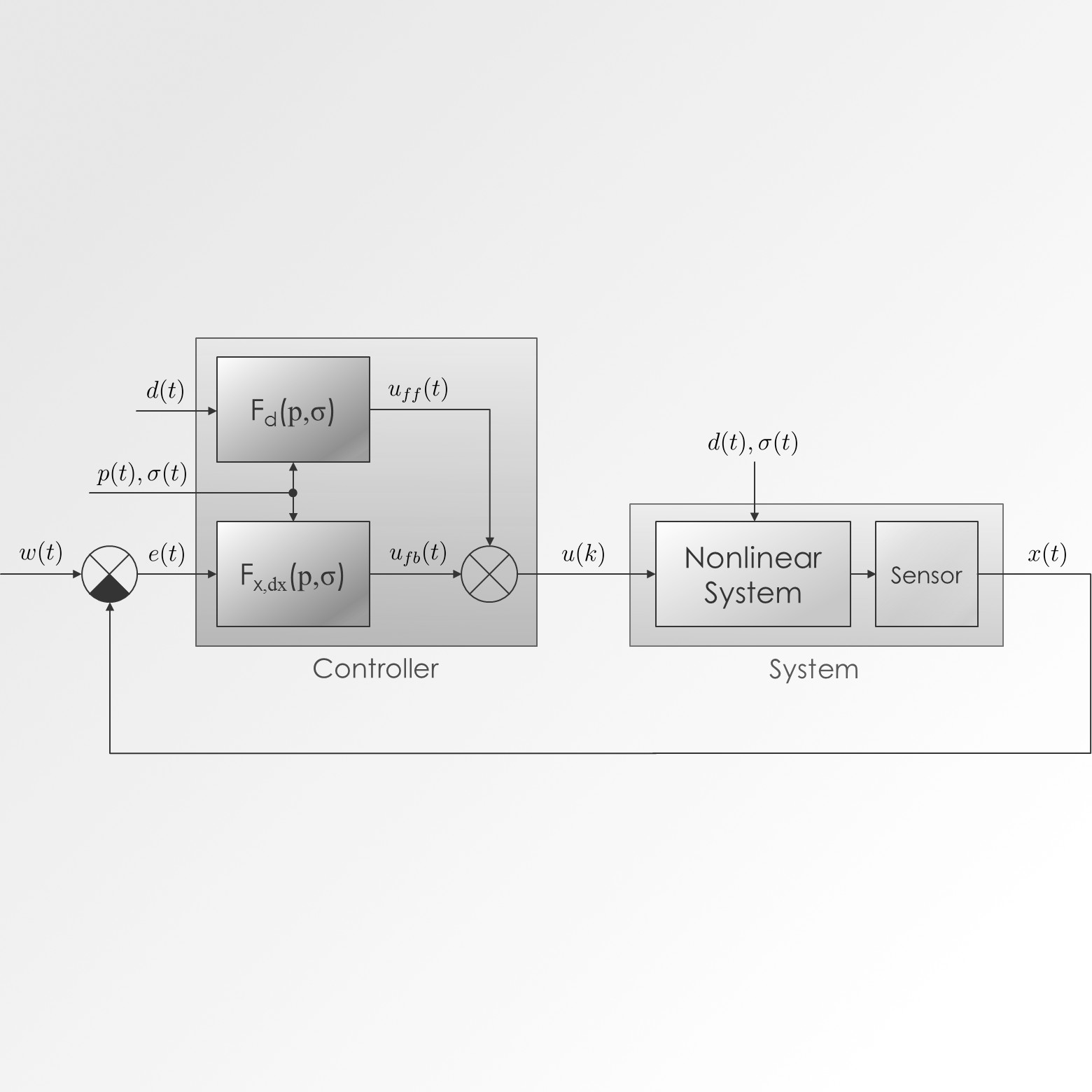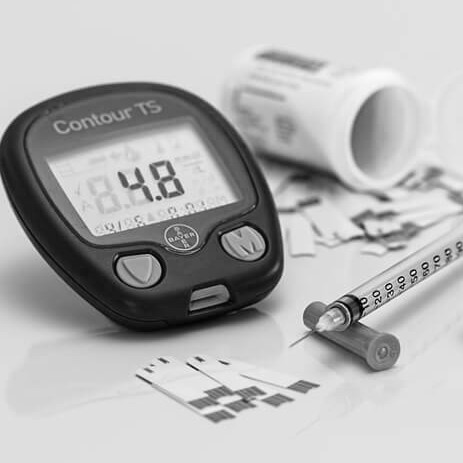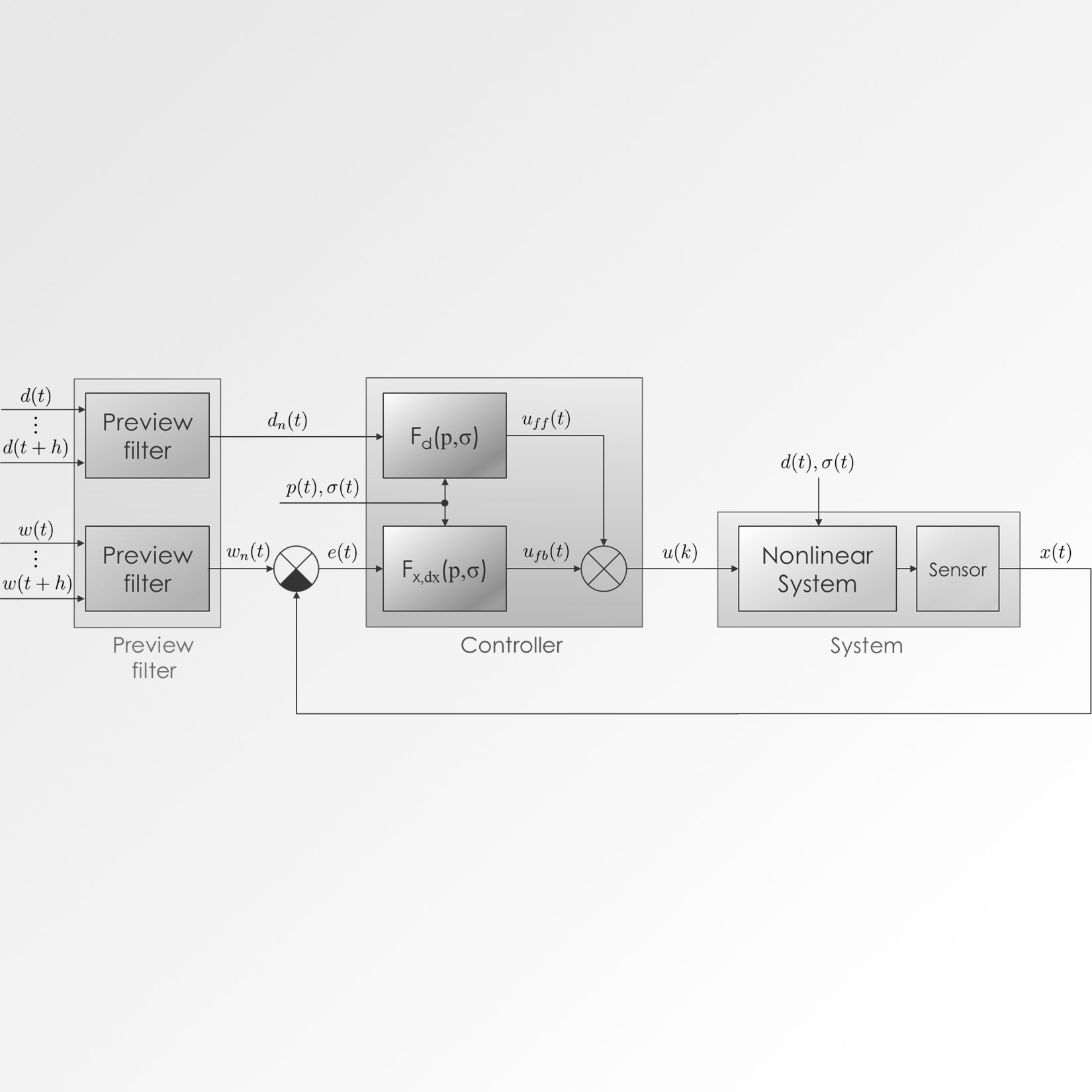I graduated at the Slovak University of Technology in Bratislava, Faculty of Electrical Engineering and Information Technology. I chose Bachelor degree program Industrial Informatics. Despite the fact that I was studying in a foreign language (Slovak), I got soon among the best. I am also proud of the fact that in Master degree program Cybernetics I graduated with honors and that I received an award of the dean of the faculty. My both theses bachelor and master ones were related to power systems but the main focus was put on the theory of control. In my master thesis (Modeling and Control System of Wind Power Plants with Pumped Storage Hydro Power Plant), I started dealing with non-linear systems, optimal control and with model predictive control. For this thesis I was given an award with a laudatory letter from the dean.
A gate to the world of science was my PhD study. I have been specializing in non-linear control theory, particularly in gain-scheduled controller design and its application in switched and in model predictive control. My research focused on finding a controller design approach for uncertain non-linear systems, which guarantees the closed-loop stability and the optimal controller output with considering input/output constraints, all this without online optimization and need of high-performance industrial computers. My research results were published in high imapct journas as well as presented at several conferences and symposiums all around the wolrd. A brief summary of my research results can be found also in my doctoral thesis Gain-Scheduled Controller Design. After that I defended my thesis I received an award of the rector for excellence in postgraduate study at the university.
